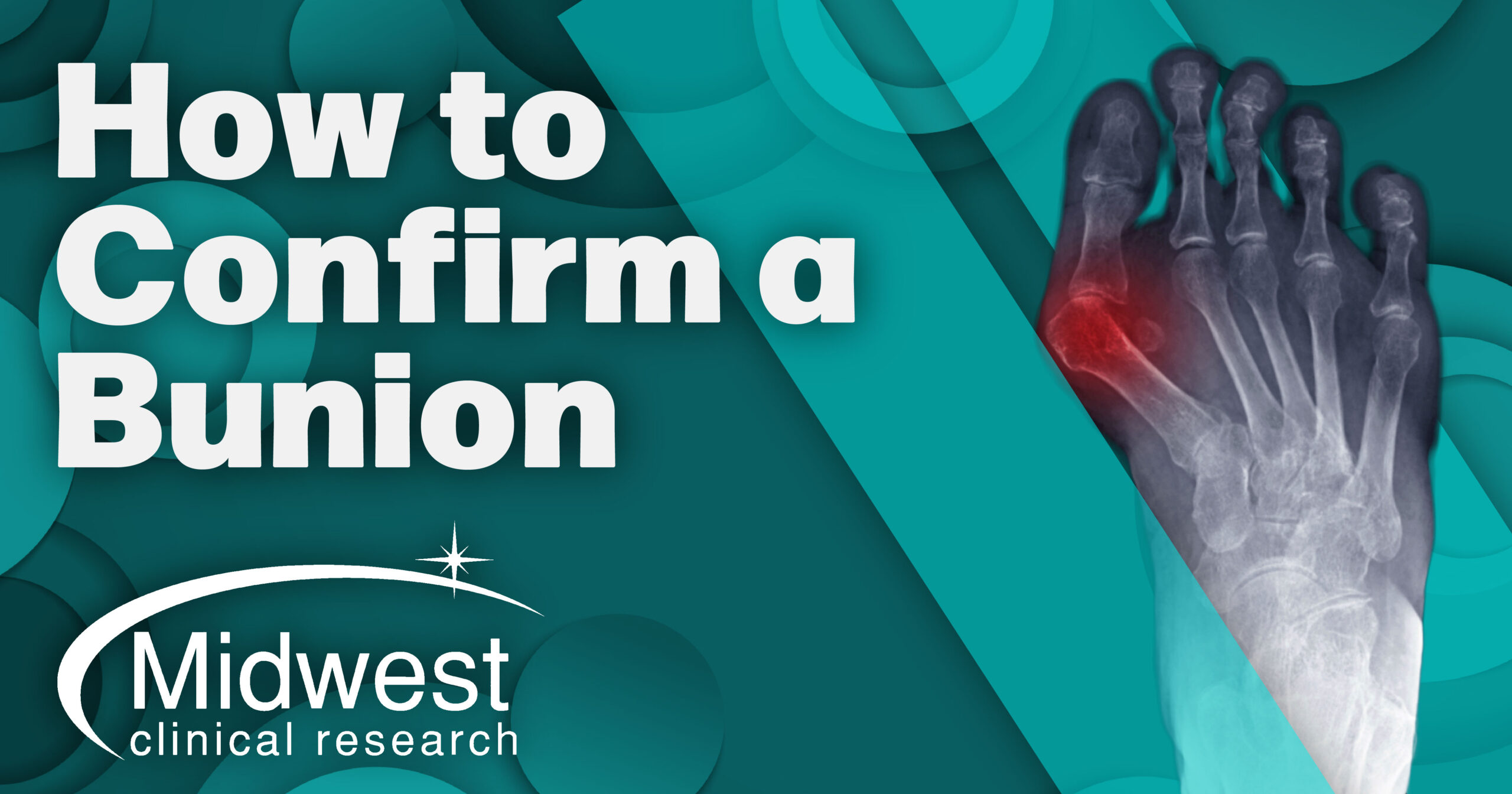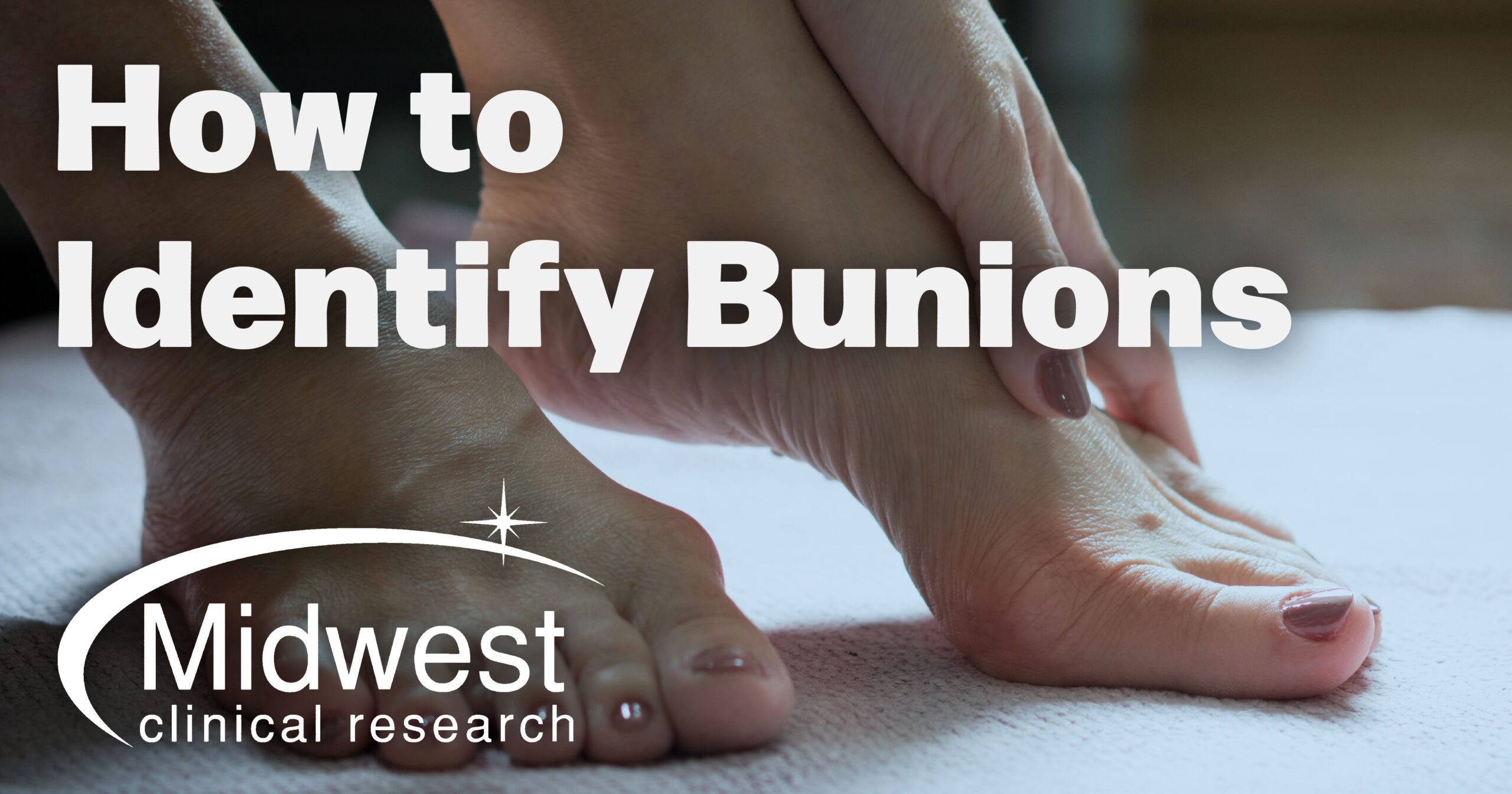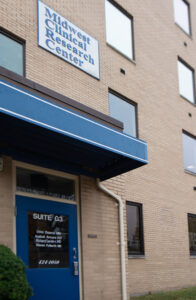Bunions are a common foot problem that can cause discomfort and affect your overall quality of life. Identifying bunions early is essential for managing the condition effectively. In this blog post, we will discuss the signs and symptoms of bunions to help you recognize them and seek timely treatment.
What Are Bunions? Bunions are bony bumps that form at the base of the big toe, where it meets the foot. They develop when the big toe pushes against the adjacent toe, forcing the joint to become misaligned. Bunions can be painful and make it challenging to find comfortable footwear.
Signs and Symptoms of Bunions:
- Bump at the Base of the Big Toe: The most noticeable sign of a bunion is a protruding bump at the joint of the big toe. This bump can be red, swollen, and tender to the touch.
- Toe Deformation: Over time, the big toe may start to angle towards the other toes, causing it to overlap or push against them. This can lead to additional discomfort and pain.
- Pain and Discomfort: Bunions often cause pain, particularly when wearing tight or ill-fitting shoes. The pressure on the bunion can result in a throbbing or aching sensation.
- Difficulty Moving the Toe: As the bunion progresses, it can limit the range of motion in the big toe. You may find it challenging to bend or move the toe freely.
- Corns and Calluses: Bunions can create friction between your toes and shoes, leading to the development of corns and calluses on the affected areas.
- Swelling and Inflammation: The bunion joint can become inflamed, causing swelling and redness around the affected area.


How to Confirm a Bunion: If you suspect you have a bunion, it’s crucial to consult a medical professional, such as a podiatrist. They can perform a physical examination, review your medical history, and order X-rays to confirm the diagnosis and determine the severity of the bunion.
In Conclusion: Identifying bunions early is key to managing the condition effectively. If you notice any of the signs and symptoms mentioned above, don’t hesitate to seek professional medical advice. Early intervention can help prevent the bunion from worsening and improve your foot health and overall comfort. Additionally, making lifestyle changes such as wearing properly fitted shoes and using orthotic devices can also contribute to bunion management and pain relief.





